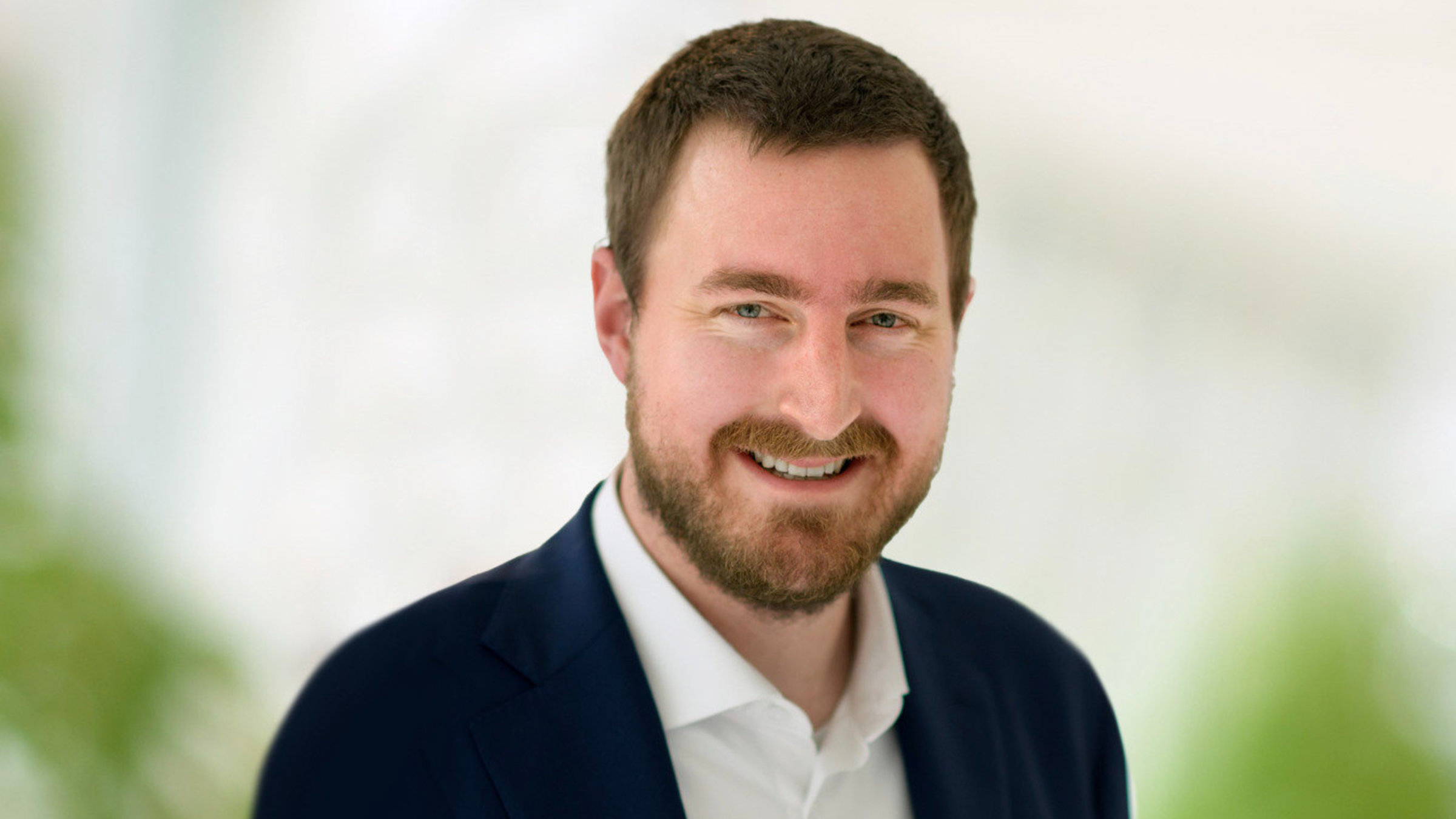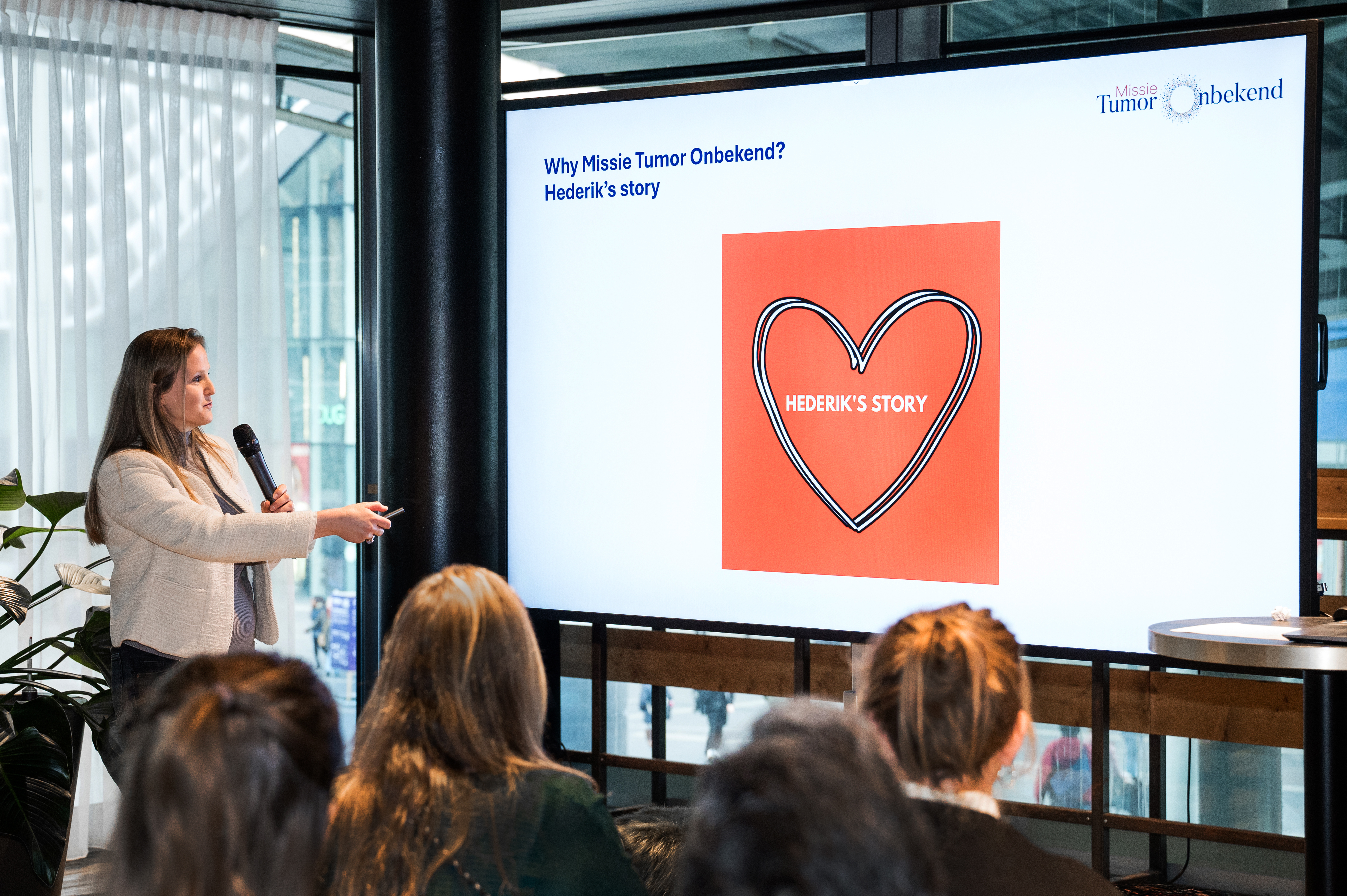Collaboration in person
One of the goals of Oncode Institute is to enable interdisciplinary research collaborations. To this end, Oncode launched a new initiative called ‘Oncode Accelerator Projects’ (OAPs) in 2021. The goal of OAPs is to form a multidisciplinary team that can uniquely address an unmet medical need or scientific challenge through innovative high risk-high reward approaches. The OAP initiated by Oncode Investigator Bas van Steensel of the Netherlands Cancer Institute is an inspiring example of the fruitful interdisciplinary collaboration that this may yield.
Impact story economy
Flindr Therapeutics
Oncode Institute’s Oncology Bridge Fund not only provides financial resources, it also provides access to experts and a network of people who are determined to fight cancer. This way, Oncode Institute ensures that fundamental research leads to economic growth that is tangible. Flindr Therapeutics became a successful spin-off after commercial parties were initially unwilling to collaborate. Tumour immunologist and CEO of Flindr, Maarten Ligtenberg said “Bringing medicines to market is one thing, but thanks in part to Oncode Institute, we can break down barriers in drug research.”
Flindr Therapeutics was founded in 2020 with the mission of developing groundbreaking medicines for the treatment of cancer. Its researchers do this by studying the fundamental processes in immune and tumour cells, genetically mapping these cells and developing molecules that can influence the disease process.
However, academic success does not necessarily equate to successful treatment as Ligtenberg points out “At the academic stage, commercial parties were not yet ready to work with us. Now that Flindr is making significant progress with its research programmes, this is changing rapidly.”
“Bringing medicines to market is one thing, but thanks in part to Oncode Institute, we can break down barriers in drug research.”
Ligtenberg believes that the added value of the support provided by the Oncology Bridge Fund is indispensable for other start-ups. “Academics like us are trained to do specific research and ask complex questions, not to run a business. You have to dare to commercialise. Oncode Institute helped us take that step.”
Flindr Therapeutics has since grown into one of the most successful Oncode Institute spin-offs, specialising in the development of small molecules for the treatment of cancer. “We develop new medicines that other pharmaceutical companies don’t dare to make,” says Ligtenberg. “Our work in immunotherapy and precision medicine can help people recover, allowing them to rejoin society. Therefore, the impact on patients’ lives, and the economic value of that, is enormous.”



